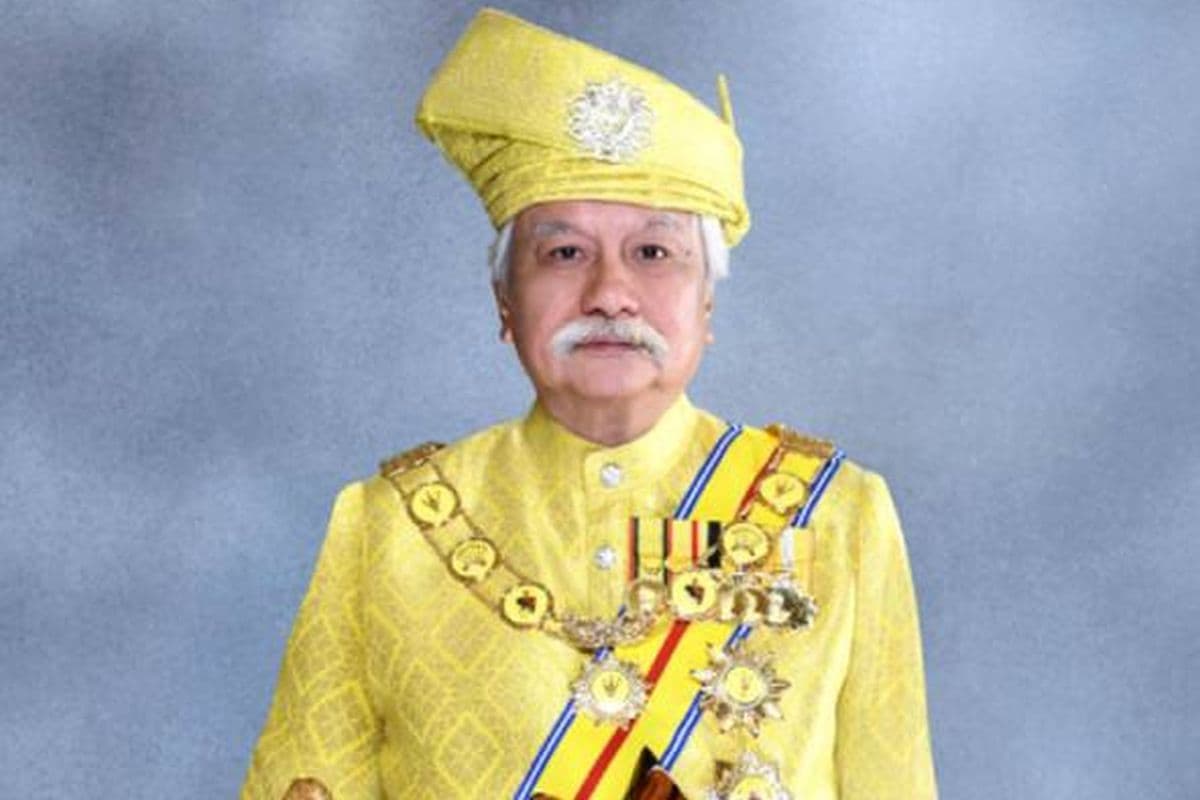
KUALA LUMPUR (Dec 13) : The Yang di-Pertuan Besar of Negeri Sembilan, Tuanku Muhriz Tuanku Munawir, has proposed that the Judicial Appointments Commission (JAC) Act 2009 be made part of the Federal Constitution, to better ensure that the appointment of judges is independent.
As the Federal Constitution is the supreme law of the country, Tuanku Munawir said the recent political developments in Malaysia had led to many discourses on the constitution.
He said matters pertaining to governance of the nation required Malaysians to consult and be guided by the constitution.
“Hence, firstly, there is a need to appreciate the importance of the Federal Constitution and its role in our democratic society. Once we have this appreciation, we as a nation will be guided in the manner in which we are expected to discharge our responsibilities,” he said.
For this, the judiciary has a constitutional role to perform as it is the guardian of the constitution, he said, adding that the judiciary is the ultimate bulwark against unconstitutional legislation or excesses in administration.
The Negeri Sembilan ruler said this at the launching of the book “Upholding The Federal Constitution: The Judicial Thoughts of Datuk Seri Hishamudin Yunus” on Wednesday (Dec 13). Hishamudin is a retired Court of Appeal judge, who is currently a consultant at the law firm Rosli Dahlan Saravana Partnership.
Present at the event were Chief Justice Tun Tengku Maimun Tuan Mat, and some 30 judges of the Federal Court, Court of Appeal and High Court, and retired judges. They included Tan Sri Mohamad Ariff Md Yusof, who was also a former Speaker of the Dewan Rakyat.
Judicial independence is imperative
Tuanku Muhriz, who has a legal background, said he had been advised that it was equally important to have the JAC Act made part of the Federal Constitution and not remain a separate legislation enacted by Parliament.
Presently, Part IX of the Federal Constitution touches on judicial appointment and powers but it does not stipulate how judges should be chosen.
Stressing that independence was the essence of the judiciary, Tuanku Muhriz said: “It is imperative that judicial independence is always maintained and protected. It is the judiciary to whom we entrust to protect the fundamental principles embodied in our Federal Constitution.
“Judges are bound to uphold their judicial oath steadfastly and constantly remind themselves that their decisions have a profound impact on society. Thus, the appointment of independent and competent judges is crucial to ensuring that this aim is met.”
The ruler, who had emphasised the need to reform the existing judicial appointment process in his recent address at the 260th Rulers Conference, touched on the subject again on Wednesday.
“Whilst the primary intention of the commission (JAC) is to uphold the independence of the judiciary, it appears that its governing provisions may not be in accordance with such intent. As it stands, the prime minister appoints five of the nine members of the commission.
“Under the constitution, the PM also has the final say in the appointment of judges to the superior courts. We need to be guided by the principle of separation of powers of the executive, the legislature and the judiciary.
“To achieve this, some reforms need to be considered to strengthen the independence of the commission, and ultimately the judiciary. We could introduce diverse and independent mechanisms when it comes to the selection of the five eminent persons on the commission,” he said.
The persons selected to the commission, the rulers said, must not only be independent from any form of political influence but also be inclusive, reflecting the diversity of the country's multi-racial society and the composition of the federation, namely the Peninsular Malaysia states, Sabah and Sarawak.
“The inclusion of members from diverse and independent backgrounds will allow more stakeholders to be represented, thus, broadening the expertise in the judicial appointments process whilst maintaining the commission’s independence,” said Tuanku Muhriz.
For this reason, he urged the civil society and other stakeholders to take the lead for meaningful discussions to achieve the aspiration of judicial independence as a means to uphold the Federal Constitution.
“Lest we forget, the rakyat go to court to seek and obtain justice. Be it a criminal appeal, an appeal against the decision of the government or one of its agencies, or a private matter,the public sees the courts as their avenue to seek justice," he said.
Hishamudin: Things will change for the better
Meanwhile Hishamudin in his speech said he is optimistic that with strong public awareness of the importance of an independent judiciary and fundamental liberties, and the very recent change in the political landscape of Malaysia, things will change for the better in the country.
“I am confident that the new leadership in the Judiciary, under Tun Tengku Maimun at the helm, will restore public confidence in the administration of justice in this country; and that the judiciary will function in a better environment than before.
“As we stand here today, there are already a number of seminal pronouncements by the Federal Court such as the Doctrine of Basic Structure, the Doctrine of the Separation of Powers, upholding fundamental liberties, the unconstitutionality of ouster clauses, judicial independence and the judiciary’s power of judicial review. All these bring about a much-needed breath of fresh air. They must be applauded and celebrated,” he added.
Hishamudin had written about 750 judgments when he was at the High Court and Court of Appeal, including some landmark decisions which continue to be referred to today.